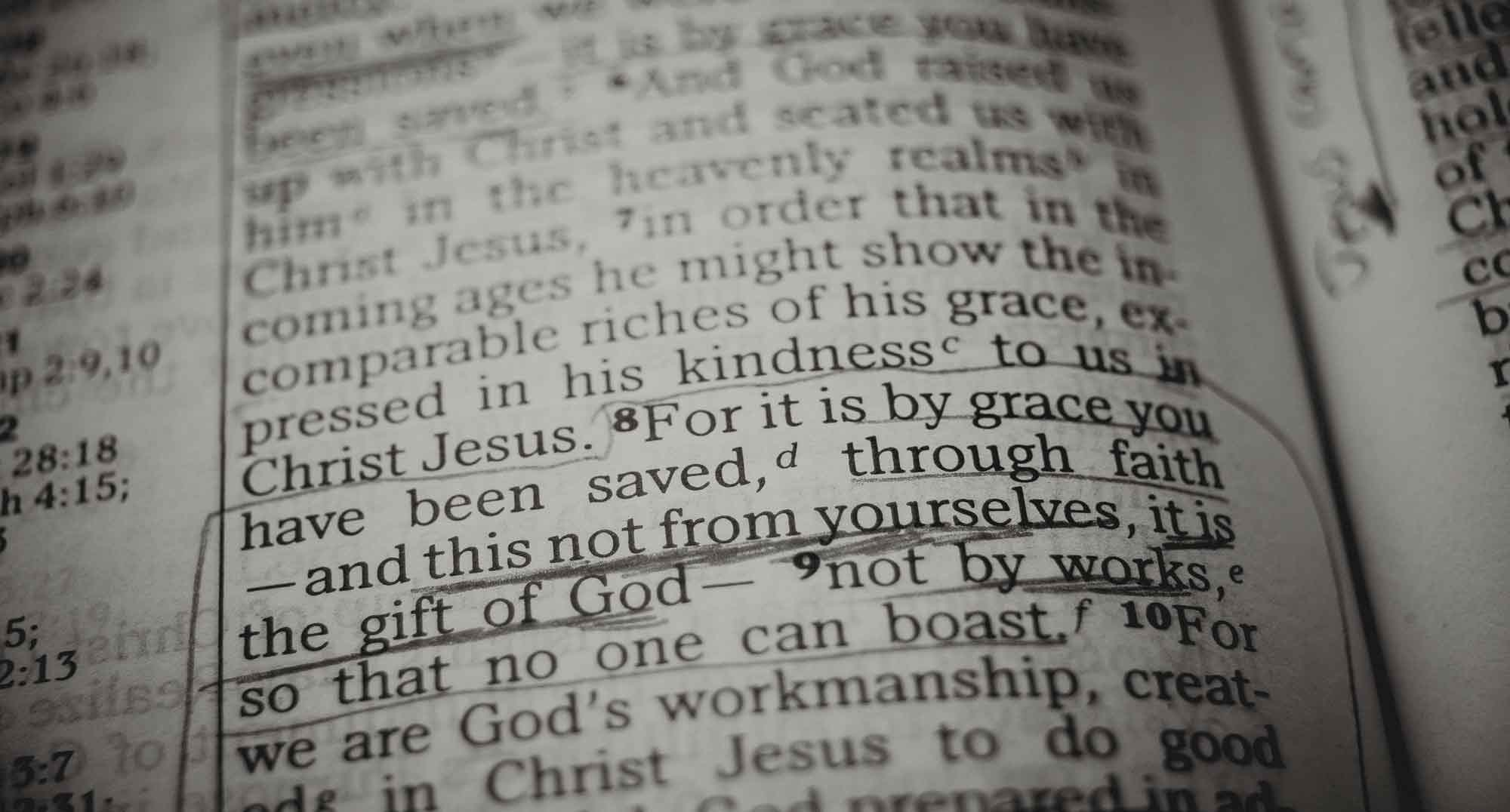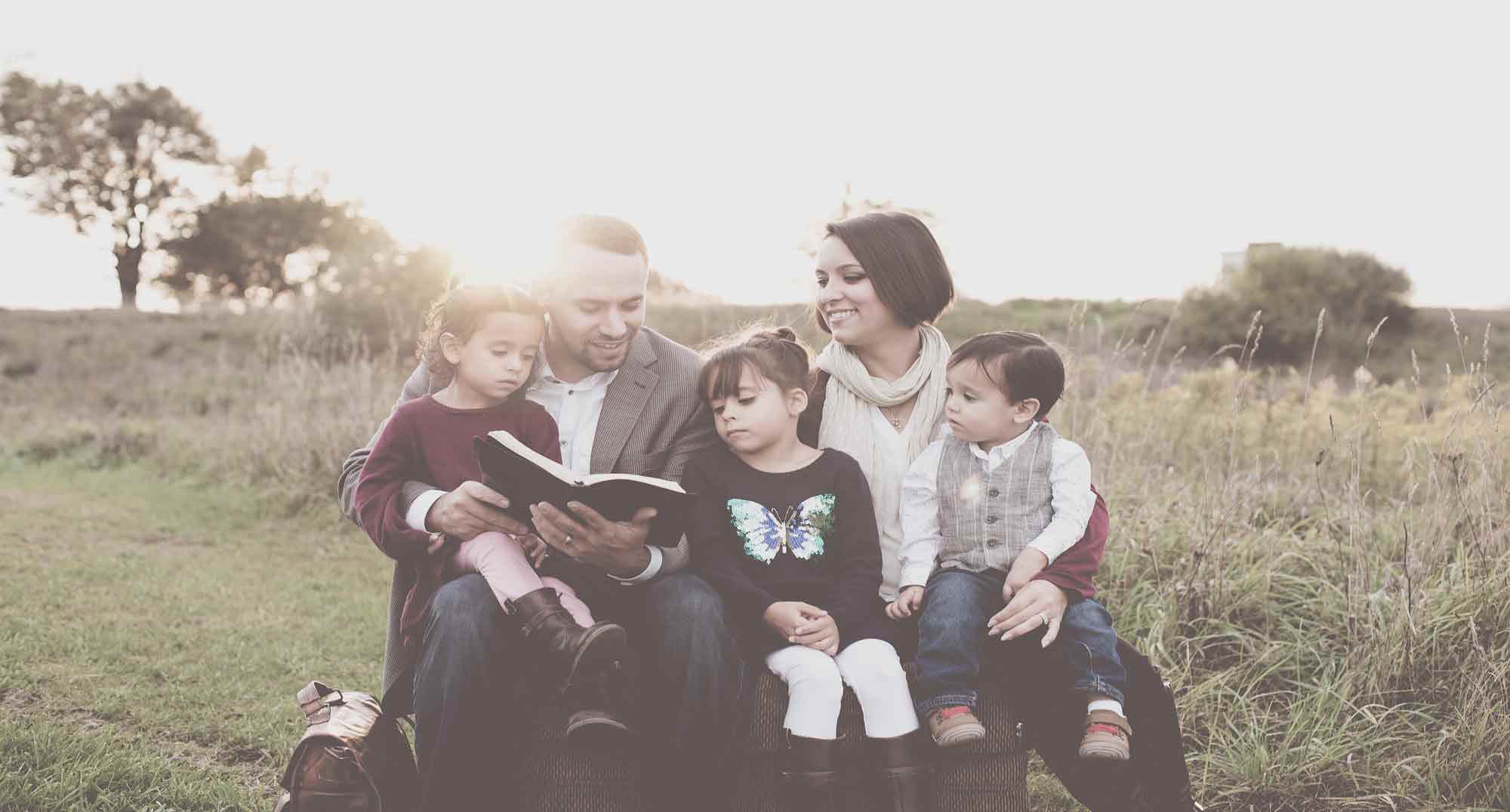Remember the Red Sea Road
When my youngest was little, we took her up the St. Louis Arch. I was excited to have my youngest join me for this notorious St. Louis excursion, and when we entered the cart that makes the slow trek up the steel structure, with excitement I said, “Are you ready?” And then she screamed. I attempted to reassure my daughter, who listened to absolutely none of my comforting words, and then resorted to lollipops and singing. But none of my tricks removed the panic…until we got to the top. With the snap of a finger, all was well again, and she couldn’t get enough of the people below who “looked like ants.” When we visited the arch again several years later, my tween girl seemed a little nervous about the impending cart ride. So, I reminded her multiple times of the fact that she made it up fine the last time, and that she loved the experience once at the top. Remember how much you liked it? Remember? But apparently, she did not because when we entered the cart, she screamed. She was fine once at the top, and while she admired the incredible view, she said, “Mom, next time just remind me that the ride is not so bad.” Right. The Red Sea Road In the book of Exodus, the Israelites also struggled to remember how they had been brought through a great trial. In chapter 14, God’s people are pursued by Pharaoh and his army. And this was not a small group chasing them; we’re told Pharaoh had his horses, chariots, horseman, his entire army. Understandably, the Israelites were exceedingly afraid!..










